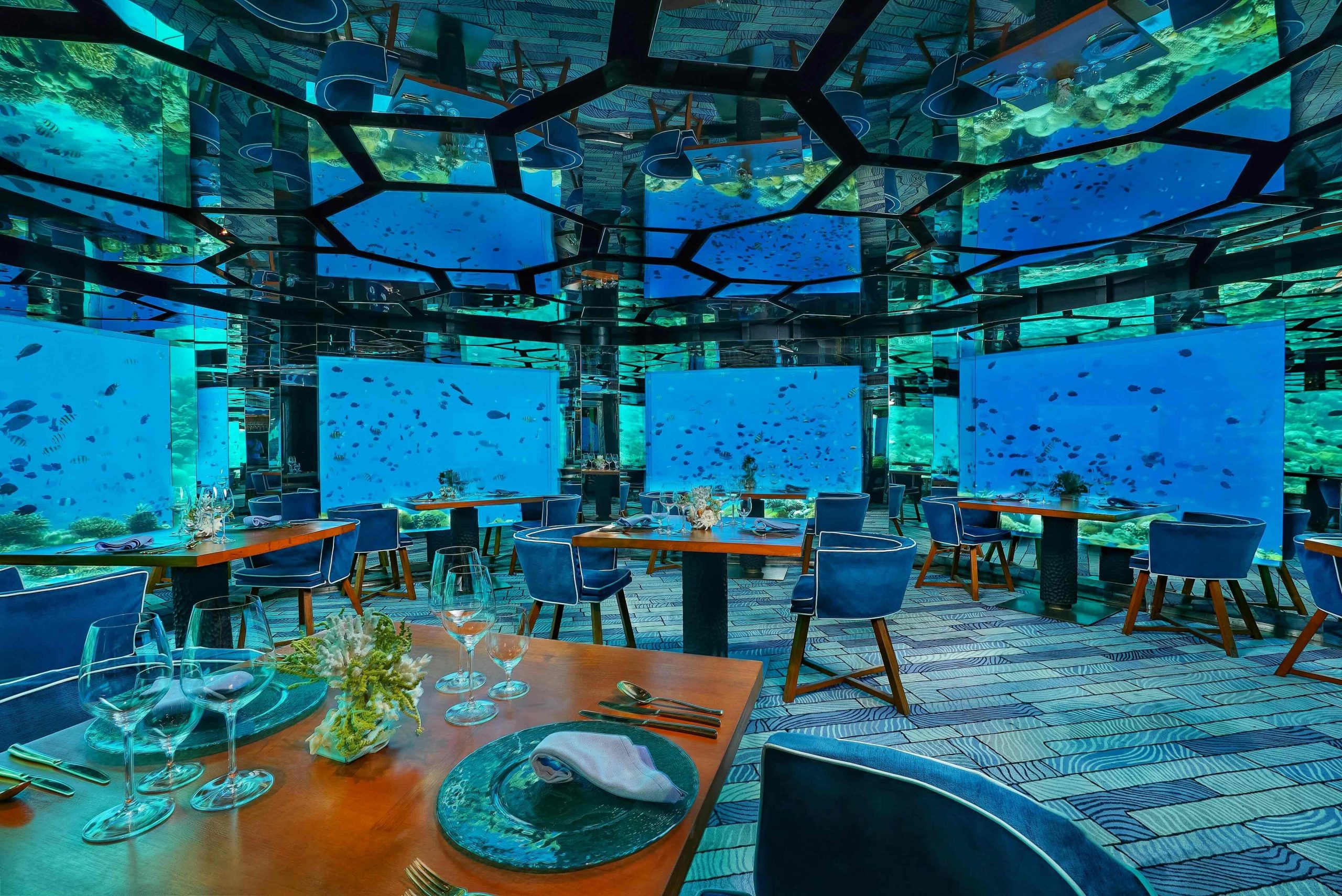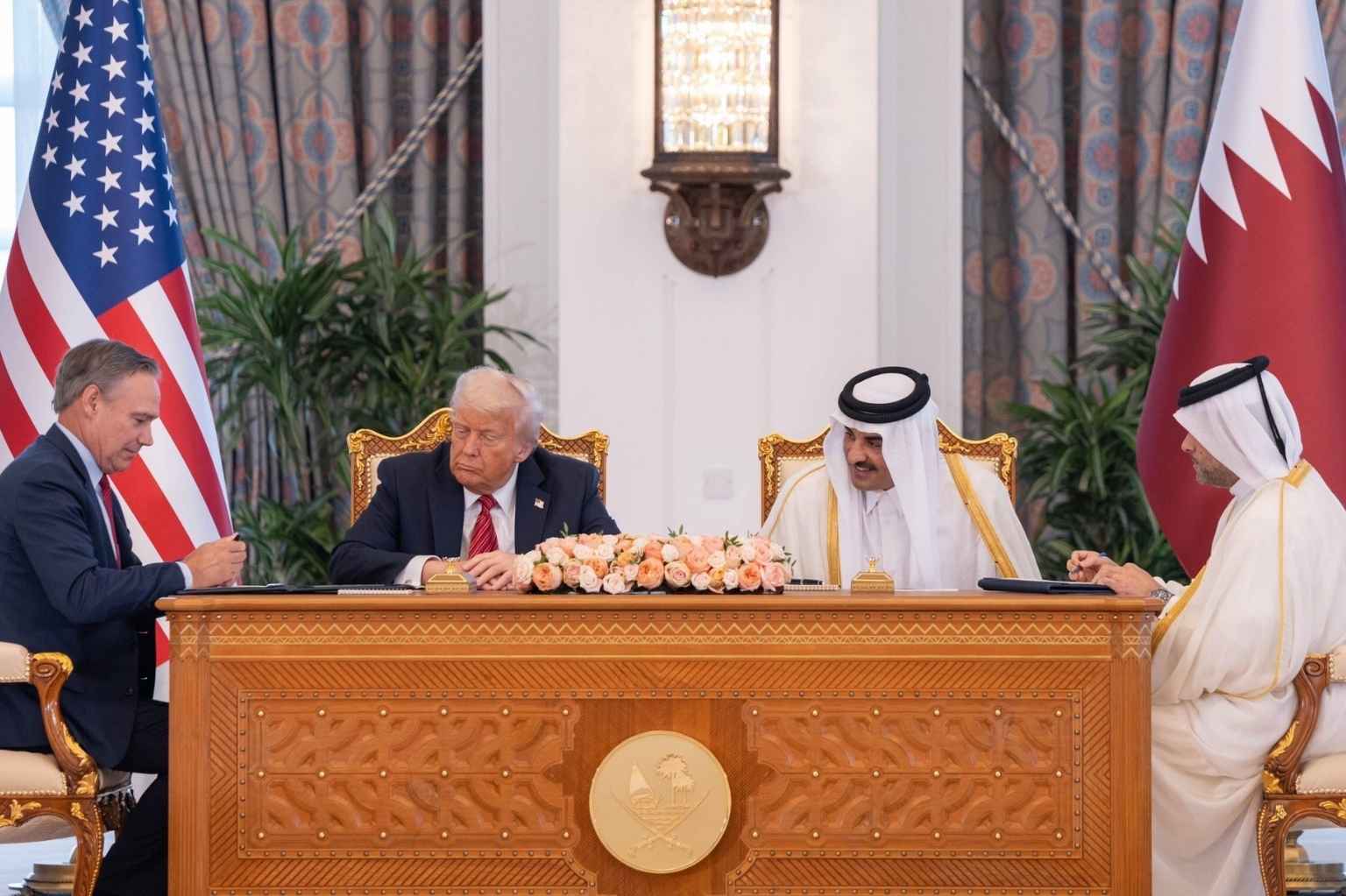If you’re a fan of travel and work, then you follow creators on Instagram and TikTok who travel and work in the Maldives. Whether they’re island hosts or waiters, these travellers are living a unique and blissful experience. They get to experience the culture, lifestyle and beautiful scenery of the Maldives. But the best part is, they’re making money while living in the Maldives! So, how do you get a job in the Maldives, especially a resort job? It’s easy, all you have to do is apply!
The Maldives is one of those beautiful destinations where the choices are limitless. With over 180 resorts, there is a high chance that there is a job out there for you. So stop scrolling, and leap on an adventure to work and live in the Maldives this year. Here are some of the resort jobs updated on Job Maldives that you can apply for.
Laundry Supervisor at Diamonds Thudufushi Beach and Water Villas
Are you looking to work in a scenic resort just 20 minutes away from the Capital city by seaplane? Here’s the opportunity to work at Diamonds Thundufushi Beach and Water Villas. The resort is looking for a passionate individual with 2-3 years of work experience in a similar role. In addition to the experience, the qualifications for this job include:
- Excellent knowledge of computing and officer software
- Excellent command of written and spoken English
- Ability to work well under pressure in a fast-paced environment
- Great team player who thrives in working with a multicultural team and guests alike
- Ability to work independently with minimal support and effective management
- Self-confident, creative and proactive, able to prioritize and make effective decisions
- Customer-driven and courteous individual with an outgoing and approachable character
- A positive ‘Can DO attitude’
- Experience working with a multicultural team
If you have these qualifications this job in Maldives is perfect for you. Some of the benefits of this job include a good competitive salary and service charge as well as training and career development programs. Additionally, employees also get annual leave with a ticket to their home island or country provided. In addition to the annual leave, the mandatory leaves are also paid! Accommodation, meals and laundry service are also covered by the resort and employees get health insurance coverage as well.
The closing date for this position is March 8th, so interested candidates can apply now!
Meeru Maldives Hiring Waiters
Serving over 40 years in the Maldives hospitality industry, Meeru Maldives is also looking to hire some new faces this time around. A job posting was updated on Job Maldives for a dynamic, highly motivated individual to fill the position of Waiter! Some of the qualifications for this job include:
- GCE O Level standard or Higher education
- A minimum of one year of previous Hotel and restaurant experience is an added advantage
- Basic food and beverage knowledge
- Ability to communicate effectively in English, written and verbal
- Excellent customer care skills and interpersonal relations
If chosen to work as a Waiter at Meeru Maldives Resort Island, you will be expected to:
- Serve food & beverages to the correct standards as implemented by F&B management
- Regularly set up stations before service according to the correct standards
- Ensure the cleanliness & tidiness of outlets at all times
- Have full knowledge of all current promotions and available food and beverage products in all outlets
The deadline for this position is set for March 13th and interested applicants can shoot their shot now!
Room Attendant Position at Meeru Maldives
Here is yet another job opening posted on Job Maldives for the position of room attendant at Meeru Maldives. The requirements for this position include:
- At least one year of previous experience ( added advantage )
- Ability to communicate effectively in English
- Customer-driven and self-motivated
This job is perfect for anyone looking to be employed in a Maldives resort! Here are the daily tasks required according to the job posting on Job Maldives:
- To clean rooms i.e., sanitizing bathrooms, dusting rooms, making beds, defrosting mini-bar fridges and sweeping floors according to the hotel standards
- Replenish amenities, linens and supplies
- Report all maintenance required in guest rooms immediately
The deadline for this position is March 13th, 2024, you can apply for this position now!
Security Officer & Demi Chef De Partie at Kuruma Maldives
Kurumba Maldives is also looking to fill up two positions soon. One of the positions for the Security Office, this position is open for female applicants. The second position is for Demi Chef De Partie open for Thai nationals.
The resort is always looking to hire people looking for opportunities for professional growth and development. In addition to joining a team of like-minded passionate individuals, you also have the advantage of being located near the City. This means less travel to get to the City on your off day!
You can find the application for this position and more careers at Universal here!








